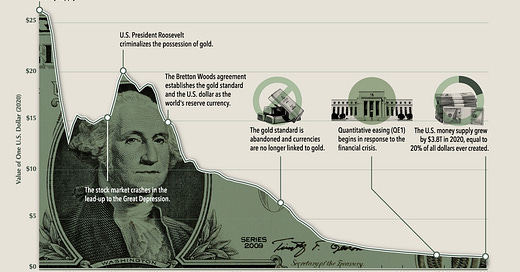This weeks inflation report has sent shockwaves across America. It marks one of the most significant increases in inflation since last year, leaving Americans deeply concerned as gas prices at the pu…
Keep reading with a 7-day free trial
Subscribe to The Coastal Journal to keep reading this post and get 7 days of free access to the full post archives.



